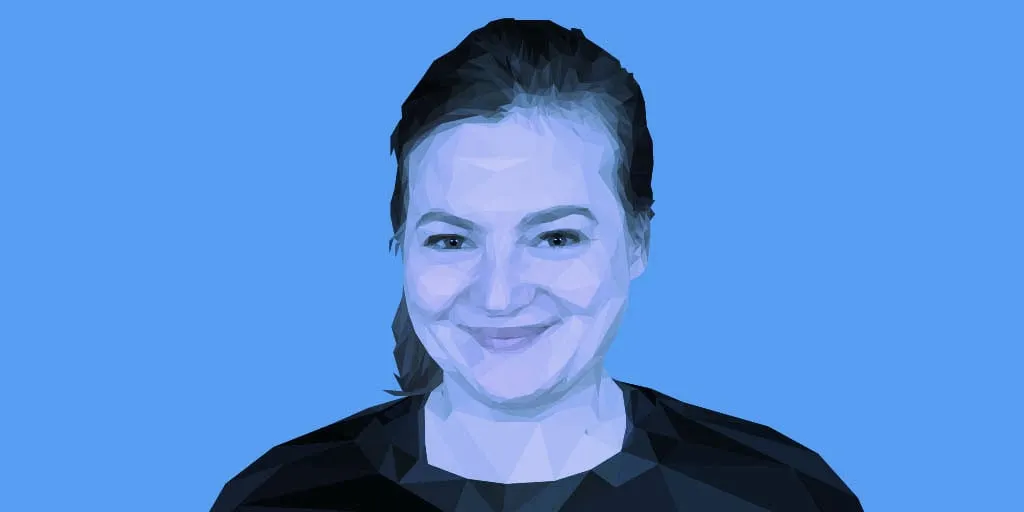Gnosis co-founder and COO Friederike Ernst doesn’t like seeing “decentralization” thrown around as a superficial marketing term.
It’s why she takes such pride in the fact that it’s very affordable right now—1 GNO token, about $108 at the time of writing—to become a validator on the Gnosis Chain. For context, it costs 32 ETH, worth almost $58,000, to become a validator on the Ethereum network.
That low bar to entry has helped the Gnosis Chain, one of the earliest Ethereum sidechains, amass more than 115,000 validators.
“That’s 20% of what Ethereum has,” she said on the latest episode of Decrypt's gm podcast.
Being a validator on a blockchain means verifying transactions and adding them to the ledger. On proof-of-stake blockchains like Gnosis, validators need to stake tokens to show they have skin in the game. They earn rewards for participating in a way that helps the network and can be penalized if they don’t.
Ernst said the focus on true decentralization is what sets Gnosis Chain apart from other Etherem layer-2 scaling solutions.
“If you go to the likes of Solana and Polygon and Avalanche, and so on, it's super, super small numbers of validators,” Ernst said. “I think it's really easy to forget about the benefits of decentralization until you need them. And then it's too late.”
As of Wednesday morning, Solana had about 10,000 validators, Polygon intentionally keeps its validators capped at 100, and Avalanche had 1,200 validators.
“We have the exact same L2s on Gnosis Chain, by the way. So yeah, definitely not knocking them,” she added about the other L2s. “They're super useful for many kinds of applications.”
Ernst left a career as a physicist to join Gnosis in 2017, two years after it was founded by CEO Martin Koppelman and chief technology officer Stefan George. At the time, Gnosis had just spun out from blockchain venture studio ConsenSys, which was started by Ethereum co-founder Joseph Lubin.
Before she left academia, Ernst had earned her PhD in Berlin, completed postdoctoral work at Columbia University and Stanford, and was working as a professor at the University of Hamburg.
The decision to leave academia behind was hard, but ultimately she decided it was important to help build tools that would give agency back to people. And as passionately as she talks about the importance of decentralization, she knows that it comes with tradeoffs.
For developers, the entire process of building applications gets much harder when infrastructure is decentralized. It's easier to just build on a centralized platform—and a shortcut that too many crypto projects have taken, in Ernst's assessment.
“If you think about building the exact same applications, just on AWS, it would be cheaper and easier and better user experience," she said. "And then you build it on a blockchain that is barely a blockchain in terms of decentralization, and you have the downsides of both worlds and the upside is mostly marketing. And to me, it's not a great state of affairs.”
Listen to the full episode and subscribe to the gm podcast.

